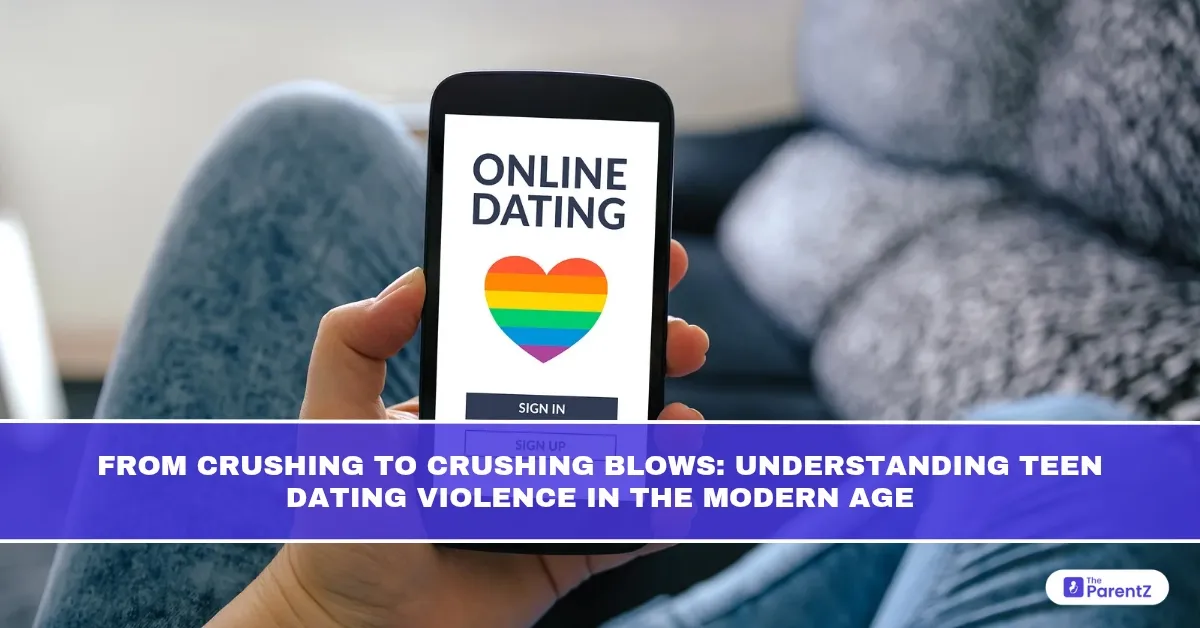It often starts with butterflies. Texts sent at midnight. Heart doodles on notebooks. That first crush? It's supposed to be sweet, awkward, and innocent. But for far too many teens today, these tender beginnings take a dark turn—spiraling into control, manipulation, and abuse before anyone even realizes what’s happening.
Teen dating violence (TDV) is real. And it’s growing. While conversations around adult domestic violence have gained ground, the battles teens face in relationships are often dismissed as puppy love problems. But the truth? They're anything but trivial.
Read this article to explore teen dating violence in the modern age and what parents can do.
What Exactly Is Teen Dating Violence?
Teen dating violence refers to any form of abuse—emotional, physical, sexual, or digital—that occurs within a teen dating relationship. It can look like jealous outbursts, pressure to share private photos, tracking a partner’s location, or even physically hurting them. And because so many of these behaviors have been normalized in pop culture or passed off as romantic, many teens don’t even realize they’re in an abusive relationship.
The Silent Epidemic: Why It's Time We Talk About This
Here’s the surprising part— according to the CDC, 1 in 12 high school students in the U.S. report having experienced physical dating violence. And nearly 1 in 9 report sexual dating violence.
But it’s not just about bruises or broken trust. Victims of TDV are more likely to suffer from depression, anxiety, substance abuse, and even suicidal thoughts. These experiences affect academic performance, relationships with family, and mental health well into adulthood.
And here's something you might not expect— TDV doesn’t always look violent. It often begins with control masked as concern— “Who were you with?”, “Why didn’t you answer right away?” These small red flags can quickly grow into bigger dangers.
When Screens Become Weapons
Teen dating violence has found a modern stage: the smartphone. In today’s hyper-connected world, many teens are facing a form of abuse we didn’t grow up with—digital dating abuse. That includes stalking through apps, pressuring for passwords, constantly demanding updates, or threatening to leak private photos.
In fact, according to a study, 25 percent of teens in relationships said they had been digitally victimized by a dating partner. That’s one in four. Right now. On your kid’s screen.
What Can You Do as a Parent?
If you’re feeling overwhelmed or unsure about how to start the conversation, you’re not alone. The key is to not wait until something goes wrong. Talk early. Talk often. Here’s how to begin:
- Model healthy relationships. Your child is watching. Show them what respect, consent, and boundaries look like.
- Ask open-ended questions. Not “Are you dating?” but “What do you think makes a relationship healthy?”
- Don’t dismiss the drama. What feels like a small teenage heartbreak to you might be consuming their world. Listen without judgment.
- Educate yourself. Know the warning signs—like sudden mood changes, excessive texting, fear of upsetting their partner, or isolating from friends.
The Bottom Line
For some, teen dating becomes a battlefield where love is used as a weapon. As a parent, your job isn’t to control their love life, but to guide them, inform them, and remind them of their worth. It’s time to talk about what healthy love looks like.





Be the first one to comment on this story.